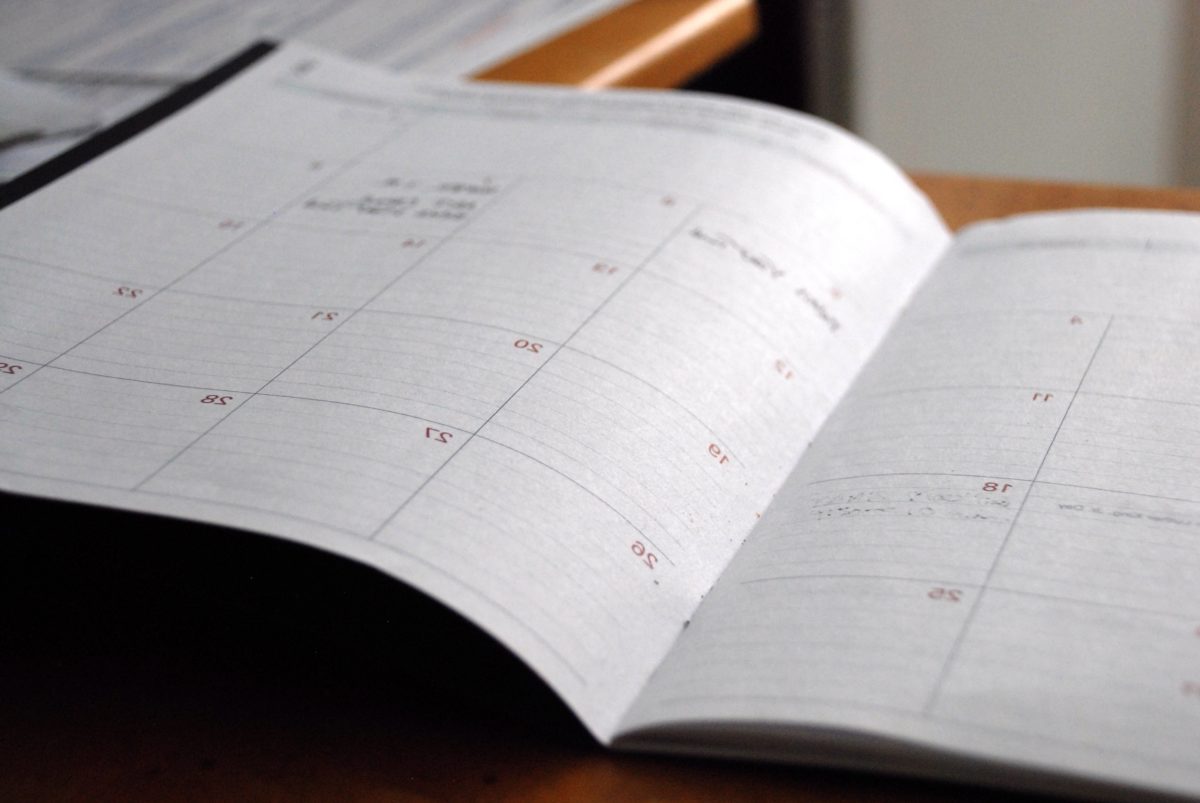
Tips For Training Your Memory Skills
How do you train your memory skills? Throughout our lives, the things that we memorise are important in our careers and personal life. We look at tips for training your memory skills.
The vitality and health of your brain determine if a person has an excellent memory. Whether you are a student studying for your finals, a professional who wants to stay mentally sharp at work, or a senior who wants to preserve and improve your memory as you get older, you can do many things to enhance your mental performance.
How to improve your memory
One popular saying states that teaching elderly dogs new tricks is impossible. However, regarding the brain, scientists have discovered that this is untrue.
The human brain can easily change and adapt even in one’s senior years. This ability is called neuroplasticity. When stimulated correctly, your brain can create new neural pathways, react and adapt in changing ways, or change existing connections.
Improve memory skills at any age.
Many of the memory loss problems people experience with age reflect the typical changes in the brain’s structure and function, slowing down some cognitive processes.
As a result, people find it takes longer to learn new things fast or screen out distractions that may affect learning and memory.
Don’t stop learning new things
The brains of well-educated people function better in old age. According to experts, advanced education can help keep memory strong by getting people to exercise their minds.
Use a range of senses learn
When you use many senses as you learn something, more areas of your brain will be involved in recalling that memory.
In a particular study, researchers showed adults several emotionally neutral pictures, each accompanied by an odor.
Believe you can improve
Myths concerning aging can cause one’s memory to fail. When middle-aged and older learners are exposed to negative stereotypes concerning memory and aging, they perform poorly on memory tasks.
People perform better when exposed to positive messages regarding memory preservation.
Use your brain efficiently
There’s no need to use your mental energy to remember where you placed the keys or your grandchild’s birthday party. If you don’t have to remember such things, you can focus on learning and recalling new and essential items.
Routine and keeping an accurate calandar can reduce problems with remembering day to day things. If you always put your keys in the same place and consult your calandar for important events, these will not need to take up space in your memory.
Repeat what you want to remember
To remember something you have just read, thought about, or heard, note it down or repeat it aloud to reinforce the connection or memory.
Space out learning
Regarding learning, repetition is most effective when it’s timed properly. Do not repeat something several times within a short time, as if you were cramming for a test.
Instead, re-study the essential points after an increasingly longer time. You could begin with once an hour, then every several hours, and then daily.
Make a mnemonic
This is a creative way of remembering lists. You can use acronyms to create mnemonic devices. For instance, an abbreviation like RICE can help you remember first aid tips for injured limbs. It stands for Rest, Ice, Compression, and Elevation.
You may use sentences like the popular classic ; Every Good Boy Does Fine; to recall the musical notes E, G, B, D, and F on the treble clef lines.
How to give your brain a memory workout
By the time you become an adult, your brain has created millions of neural pathways that enable you to process and remember information fast, conduct habitual activities and solve familiar problems with little mental effort.
Yet, if you stick to these familiar paths, you fail to provide your brain with the necessary stimulation to keep developing and growing. It is essential to shake things up occasionally.
Key elements of a good brain-boosting activity
This is an activity that trains you a new thing. Even if an action may be intellectually demanding, it could be a better brain exercise if you are already good at it.
The right activity is one that you need to become more familiar with and one that is challenging to you. You must learn and develop new skills consistently to strengthen your brain.
Make learning challenging
The best activities to boost your brain demands your close and full attention. It’s not enough that you considered the activity challenging in the past. It has to be an activity that requires mental effort.
An example is learning to play a new music piece. Playing a music piece you’ve memorized already does not count.
Learn a skill you can build on
Search for activities that enable you to begin at an easy level, then work your way up when your skills improve. Always try new things you haven’t tried before to continue stretching your capabilities.
When you find that a previously difficult level seems comfortable, you should tackle the next level of performance.
Learn what is rewarding
Prizes back the brain’s learning process. If you are highly interested and engaged in an activity, it is likely that you will continue doing it and experience greater benefits.
Therefore, select activities that are engaging, satisfying, and fun.
Tips to improve your memory
The brain can reshape itself every well, and this is true regarding memory and learning. It is possible to harness neuroplasticity’s natural power to improve your ability to learn new information, increase cognitive abilities, and enhance memory regardless of your age. The following are tips on how to do it.
Keep physicaly active daily
Exercise increases blood flow throughout the body, including the brain. This can help in keeping the memory sharp.
The Department of Health and Human Services states that most healthy grownups should get 150 or more minutes of moderate aerobic activity each week. If you lack time to perform a full workout, include ten-minute walks throughout the day.
Stimulate your mind each day
Exercising your body helps keep it in shape. Likewise, activities stimulating the mind help enhance brain health and prevent memory loss.
Some activities you can do include filling crossword puzzles, taking alternative routes as you drive, playing bridge, learning to play musical instruments, and volunteering at local community organizations or schools.
Socialize with others
Interacting with others helps prevent stress and depression. These conditions can contribute to memory lapses.
Therefore, make it a priority to interact with relatives, friends, and other people, particularly if you live alone.
Stay organized
If your home has too much clutter and your notes are disorganized, you are likelier to forget things. Note down appointments, tasks, and other occasions in a special calendar, notebook, or electronic planner.
You may also repeat every entry out loud while noting it down so it can get cemented in your memory.
Update your to-do lists and check off completed items. Always keep your wallet, glasses, keys, and other vital items in a particular place.
Get enough Sleep
Sleep plays a vital role in enabling you to merge your memories so you can remember them easily. It would help if you made it a priority to sleep 7 to 9 hours daily.
Eat healthily
Such a diet is beneficial for the brain and the heart. Include whole grains, vegetables, and fruits in your diet. Opt for low-fat proteins like beans, skinless poultry, and fish.
Also, watch what you drink. Excessive alcohol and drug consumption can cause memory lapses and confusion.
Manage chronic conditions
If your doctor prescribes medicines for chronic conditions like high blood pressure, depression, diabetes, hearing loss, or obesity or treats them in other ways, please abide by the recommendations.
If you take care of yourself well, your memory will be better. Also, review your medicines with your physician regularly because some impact memory.





One Comment
Pingback: